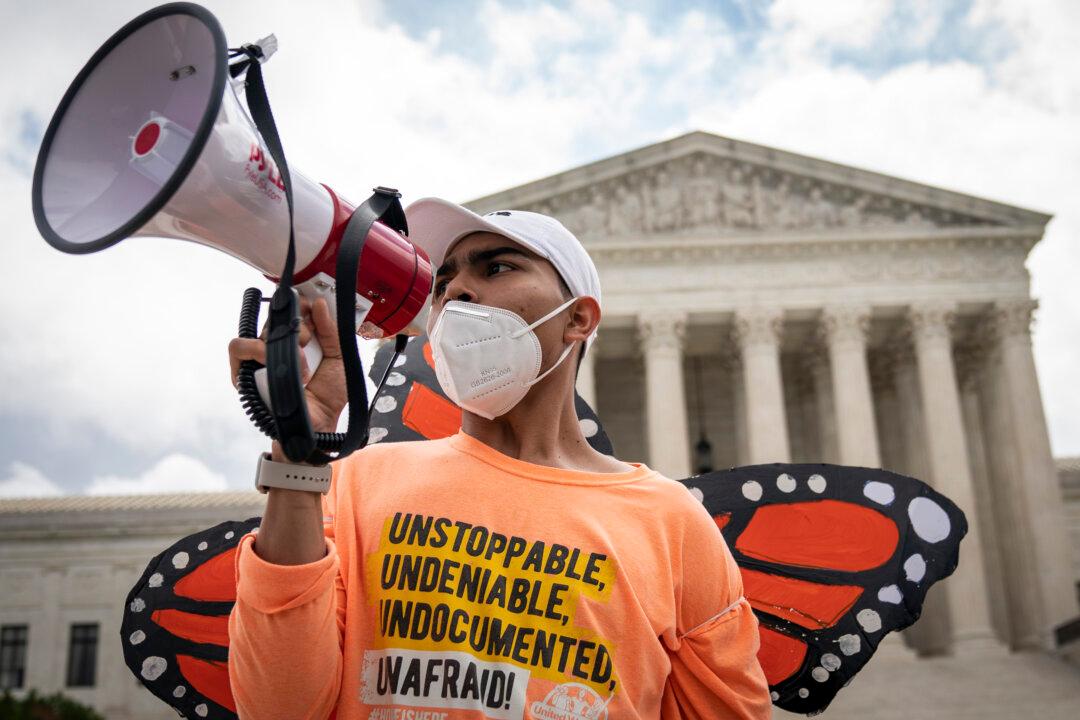A federal appeals court will hear arguments on a high-stakes case that could determine whether hundreds of thousands of people will lose their ability to work and remain in the United States.
On Oct. 10, the Fifth Circuit Court of Appeals will revisit the case challenging Deferred Action for Childhood Arrivals (DACA), which since 2012 has shielded more than 830,000 people who came to the United States illegally as children from deportation and provided them with renewable work permits.





